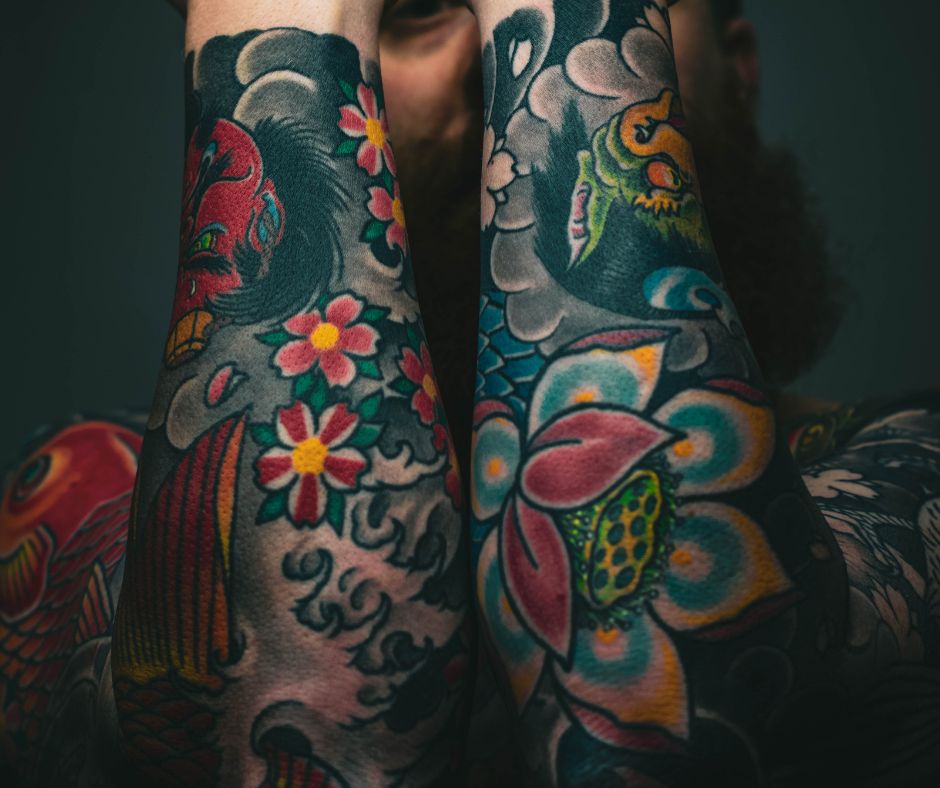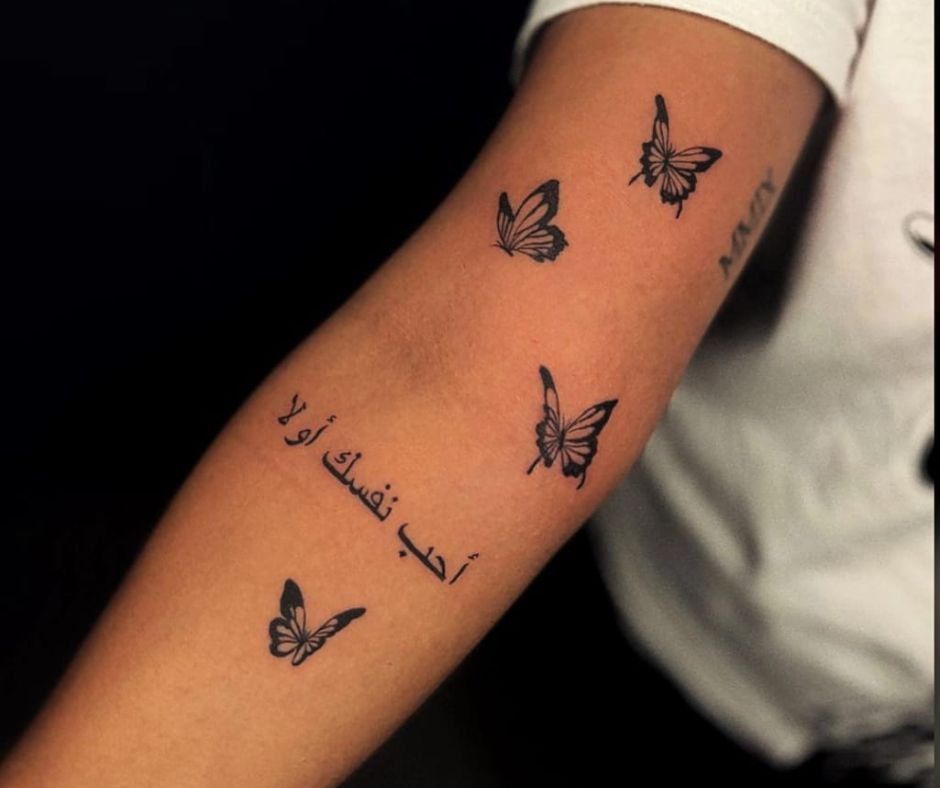Mental health tattoos are an increasingly popular form of self-expression and healing for individuals who struggle with mental health conditions. Tattoos allow individuals to take control of their mental health journey and commemorate their experiences, struggles, and victories. The combination of art and personal meaning makes mental health tattoos a powerful tool for promoting mental wellness.
The act of getting a mental health tattoo can be a cathartic and empowering experience, providing individuals with a way to outwardly display their experiences, struggles, and victories. The tattoo itself can serve as a reminder of the wearer’s journey and provide motivation and encouragement during difficult times. Mental health tattoos can also help to reduce the stigma surrounding mental illness by showing that it is a common experience and nothing to be ashamed of.

The connection between tattoos mental health
Tattoos have been a form of self-expression for thousands of years, but in recent times, they have also been recognized as a tool for promoting mental well-being. Mental health tattoos have become increasingly popular to commemorate and celebrate the journey toward recovery from mental illness. They symbolize strength, resilience, and hope, and serve as a daily reminder of one’s journey toward mental wellness.
The psychology behind mental health tattoos
Tattoos can play an important role in the healing process for individuals who have experienced mental health struggles. They allow individuals to reclaim control over their bodies and mark their progress toward healing. By choosing a meaningful design, individuals can express their emotions and experiences in a way that is unique to them. This can help to boost self-esteem and promote a sense of empowerment, which is crucial in the recovery process.
What tattoos symbolize mental health?
Some popular designs include semicolons, butterflies, and infinity symbols, each with its own special meaning.
Popular mental health tattoos and their meanings
Survivor mental health tattoos are becoming increasingly popular as a way to commemorate the journey toward recovery. Some popular designs include:
- Semicolons: symbolizing hope and a continuation of one’s story, representing the fact that the individual has chosen to keep going despite their struggles with mental illness.
- Butterflies: symbolizing transformation and growth, reflecting the journey towards recovery and healing.
- Infinity symbols: symbolizing the never-ending journey towards mental wellness.
- Inspirational quotes or words: represent motivation, strength, and encouragement.
- Birds: symbolize freedom, hope, and a new beginning.
- Lotus flowers: symbolize growth and resilience, representing the journey toward mental wellness.
- Sunflowers: symbolizing hope, positivity, and the journey towards recovery.

What tattoo is for anxiety?
There is no specific tattoo that is solely for anxiety. However, individuals may choose a design or symbol that resonates with them and represents their experiences with anxiety. Some popular tattoos for anxiety include:
- Mantras or affirmations: to provide encouragement and motivation in moments of anxiety.
- An anchor: symbolizing stability, security, and grounding during times of uncertainty and stress.
- Waves or ocean scenes: symbolize calmness and serenity, providing comfort in moments of anxiety.
What tattoo symbolizes overcoming depression?
There are several tattoos that symbolize overcoming depression, one of the most common ones is mountains, which symbolize strength, determination, and perseverance. This reminds the wearer of their ability to overcome challenges and reach their goals.
The Significance of mental health tattoos
There seems to be a connection between depression and mindfulness and how tattoos can help you stay in focus with your mindfulness exercises.
The connection between depression and mindfulness lies in the ability of mindfulness practices to reduce stress, increase resilience, and improve overall mental health. Research has shown that incorporating mindfulness into daily life can help individuals manage depression symptoms and improve their overall well-being.
Some simple mindfulness practices include meditation, deep breathing, and body scan exercises. These practices can be done anywhere and at any time, making them accessible to anyone who wants to incorporate mindfulness into their daily routine. Having a meaningful tattoo that resonates with you and reminds you of the journey you have been on can help you stay focused on recovery.
In conclusion, tattoos can serve as a powerful tool for promoting mental well-being. Whether it’s a survivor mental health tattoo or another design that holds personal meaning, tattoos can provide comfort, hope, and a sense of control for individuals who have experienced mental health struggles. If you’re considering a mental health tattoo, it’s important to choose a design that resonates with you and your journey and to always seek the advice of a professional tattoo artist.
It is vital to find ways to keep yourself in check and stay in a healthy mindset. Take a look at more or our prevention resources here.



